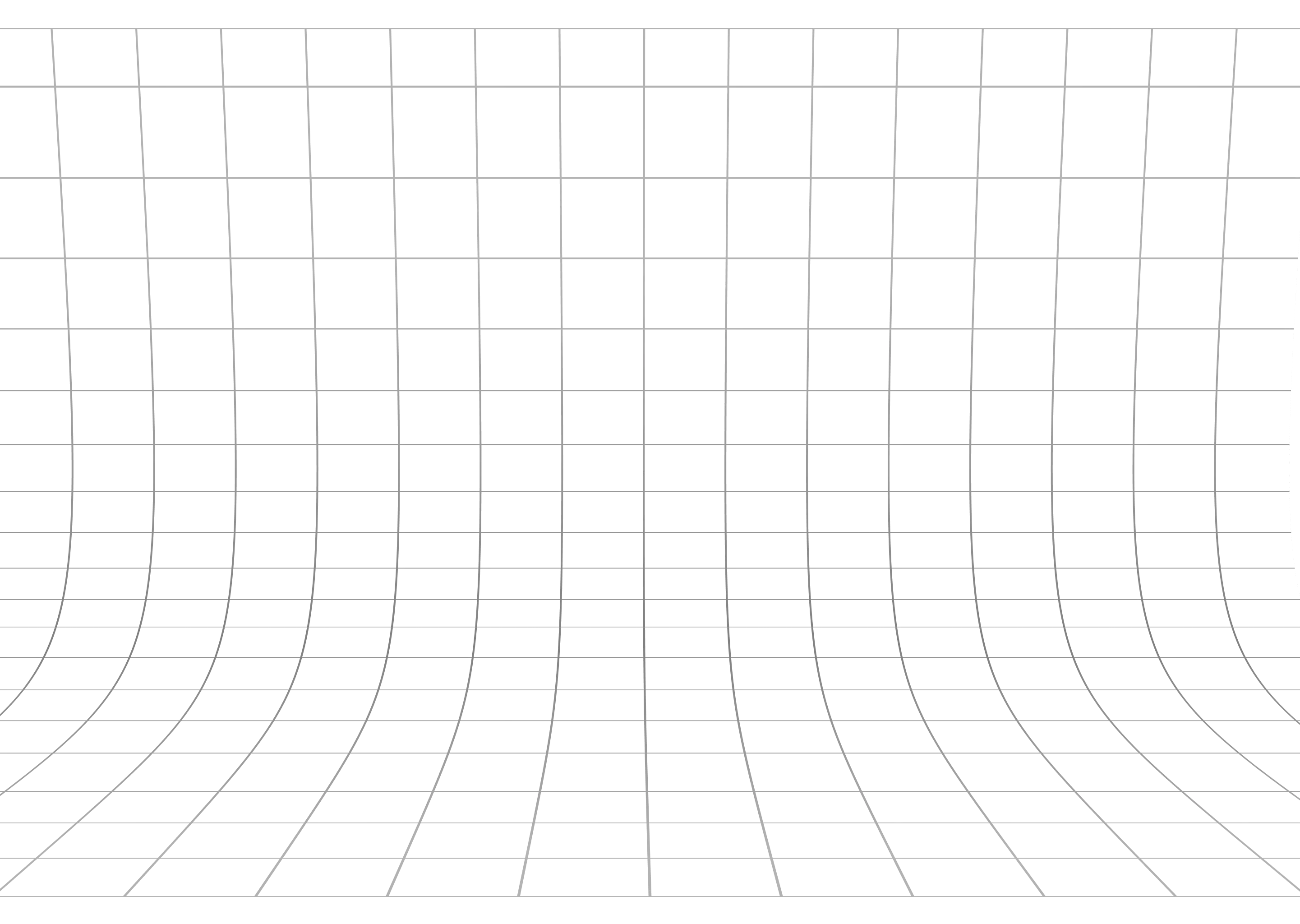-
General Validity: A Dubai General Power of Attorney (GPA) is usually open-ended and remains valid indefinitely unless a specific duration is mentioned in the document.
-
Custom Duration: The principal can request a fixed validity period to be included.
-
Property POA: Typically valid for up to 2 years as per Dubai Land Department, or until the stated purpose is completed.
-
Commercial POA: Commonly valid for a maximum of 3 years.
-
Litigation POA: Can be valid up to 5 years for lawyers, and shorter for non-lawyers.
-
Termination Conditions: A GPA ends if revoked by the principal, if the principal becomes incapacitated (unless durable), or upon the death of the principal or agent.
-
Post-Death Rule: A POA is not valid after the principal’s death in the UAE.
-
Emirate Variations: Validity rules may differ slightly by emirate; confirmation with the relevant authority is recommended.
A General Power of Attorney for all purposes in the UAE is a powerful legal document that grants the appointed agent broad authority to act on behalf of the principal. This agent is authorized to represent the principal, who grants the power, in a wide range of legal and financial affairs. The document authorizes another person to make important decisions when the principal cannot be present or is unable to do so.
This comprehensive authority includes managing bank accounts, buying or selling property, and signing contracts. It covers a wide range of the principal’s affairs. Due to its extensive scope, granting a General Power of Attorney necessitates implicit trust in the appointed agent. Without careful monitoring, this type of POA carries a significant risk of misuse. Therefore, the selection of an agent is a critical decision, as it involves delegating substantial control over personal and financial matters.

